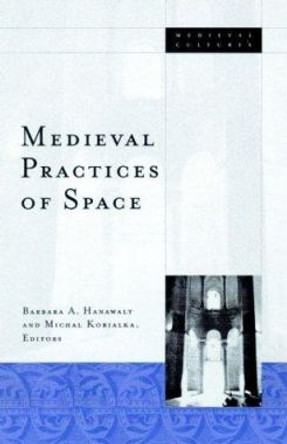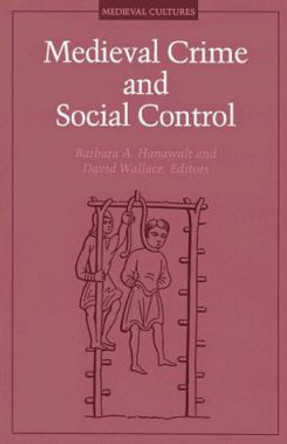When Barbara Hanawalt's acclaimed history The Ties That Bound first appeared, it was hailed for its unprecedented research and vivid re-creation of medieval life. David Levine, writing in The New York Times Book Review, called Hanawalt's book "as stimulating for the questions it asks as for the answers it provides" and he concluded that "one comes away from this stimulating book with the same sense of wonder that Thomas Hardy's Angel Clare felt [:] 'The impressionable peasant leads a larger, fuller, more dramatic life than the pachydermatous king.'" Now, in Growing Up in Medieval London, Hanawalt again reveals the larger, fuller, more dramatic life of the common people, in this instance, the lives of children in London. Bringing together a wealth of evidence drawn from court records, literary sources, and books of advice, Hanawalt weaves a rich tapestry of the life of London youth during the fourteenth and fifteenth centuries. Much of what she finds is eye opening. She shows for instance that--contrary to the belief of some historians--medieval adults did recognize and pay close attention to the various stages of childhood and adolescence. For instance, manuals on childrearing, such as "Rhodes's Book of Nurture" or "Seager's School of Virtue," clearly reflect the value parents placed in laying the proper groundwork for a child's future. Likewise, wardship cases reveal that in fact London laws granted orphans greater protection than do our own courts. Hanawalt also breaks ground with her innovative narrative style. To bring medieval childhood to life, she creates composite profiles, based on the experiences of real children, which provide a more vivid portrait than otherwise possible of the trials and tribulations of medieval youths at work and at play. We discover through these portraits that the road to adulthood was fraught with danger. We meet Alison the Bastard Heiress, whose guardians married her off to their apprentice in order to gain control of her inheritance. We learn how Joan Rawlyns of Aldenham thwarted an attempt to sell her into prostitution. And we hear the unfortunate story of William Raynold and Thomas Appleford, two mercer's apprentices who found themselves forgotten by their senile master, and abused by his wife. These composite portraits, and many more, enrich our understanding of the many stages of life in the Middle Ages. Written by a leading historian of the Middle Ages, these pages evoke the colour and drama of medieval life. Ranging from birth and baptism, to apprenticeship and adulthood, here is a myth-shattering, innovative work that illuminates the nature of childhood in the Middle Ages.
About the AuthorBarbara Hanawalt is author of The Ties That Bound: Peasant Families in Medieval England (1986, OUP), Crime and Conflict in English Communities, 1300-1348 (1979, Harvard UP).
Reviews`densely informative, fluid, and often charming study ... exemplary scholarship that blends traditional painstaking research with contemporary approaches and understanding Kirkus Reviews
'Hanawalt skillfully transforms her archival data into a textured, vivid history of youthful experience ... a highly significant contribution to the study of childhood in general as well as an important exploration of a medieval urban culture which collectively exhibited 'growing concern about children and adolescents'.' Marilynn Desmond, History Workshop Journal, Vol 37, Spring 1994
the book contains a mass of extremely useful material on the demography, affective relations and household economy of the medieval London family * History Today June 1995 *
lively and vigorous survey which justifies her subtitle * D.M. Palliser, The Historical Association 1996 *
her book leaves a vivid collection of images of that almost irrecoverable past * Gervase Rosser, St Catherine's College, Oxford, EHR Nov. 96 *
Book InformationISBN 9780195093841
Author Barbara A. HanawaltFormat Paperback
Page Count 320
Imprint Oxford University Press IncPublisher Oxford University Press Inc
Weight(grams) 281g
Dimensions(mm) 135mm * 203mm * 17mm









